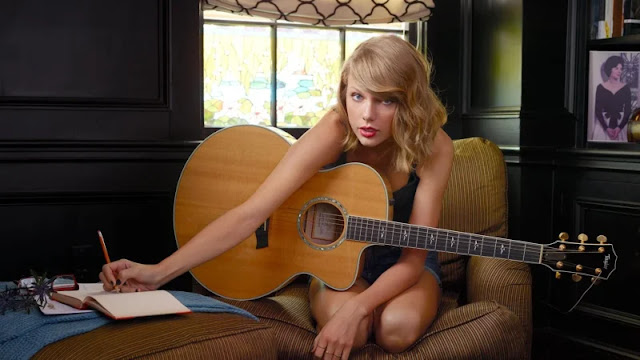Taylor Swift, one of the most influential musicians of our time, made headlines not just for her chart-topping hits but also for a battle over the ownership of her music. It might seem surprising that an artist of her stature doesn't own her original recordings, known as master recordings. So, how did this happen, and what does it mean for Swift and other artists?
The core of the issue lies in the standard practices of the music industry.
When a new artist signs with a record label, the label typically covers the costs associated with producing, distributing, and promoting the artist's music. In exchange, the label often retains ownership of the master recordings. These masters are the original recordings from which all copies are made, giving the label control over how the music is used, licensed, or sold.
Taylor Swift signed with Big Machine Records in 2006 when she was just 15 years old. At the time, she was a relatively unknown artist, and like many new musicians, she agreed to a contract where the label would own her master recordings.
In 2019, Taylor Swift's former label, Big Machine Records, was sold to Ithaca Holdings, a company owned by music manager Scooter Braun. This acquisition included the rights to Swift's first six albums, covering her career from her debut in 2006 up until her 2017 album "Reputation."
Swift publicly expressed her disappointment and frustration with the sale, particularly because she was not given the opportunity to purchase her masters before they were sold. She has alleged that she learned about the sale only when it was made public and that it felt like a betrayal, especially since she had a contentious history with Scooter Braun.
Owning master recordings is crucial for artists because it gives them control over their music. The owner of the masters can dictate how the music is used, whether it’s licensing songs for movies, TV shows, or commercials, or re-releasing albums. For Swift, not owning her masters meant she had little say in how her early work was used and no direct financial benefit from future uses of those recordings.
In response to the sale, Swift made a bold move: she decided to re-record her earlier albums. By doing this, she could create new masters that she would own outright. This strategy allows her to control the use of her music going forward, as fans and media outlets may choose to use the re-recorded versions, which she fully owns, rather than the originals.
Taylor Swift’s battle over her masters has sparked a broader conversation about artists' rights in the music industry. Many musicians, especially early in their careers, sign contracts that relinquish control of their masters, often without fully understanding the long-term implications. Swift’s high-profile case has brought attention to these practices and may influence how future contracts are structured.
Taylor Swift's situation highlights a common, yet often overlooked, aspect of the music industry: the struggle for artists to maintain ownership and control of their work. While she has found a way to regain control by re-recording her music, her story serves as a cautionary tale for other artists about the importance of understanding and negotiating the terms of their contracts. As the industry evolves, Swift's experience may lead to changes that empower artists to have more control over their creative output.






